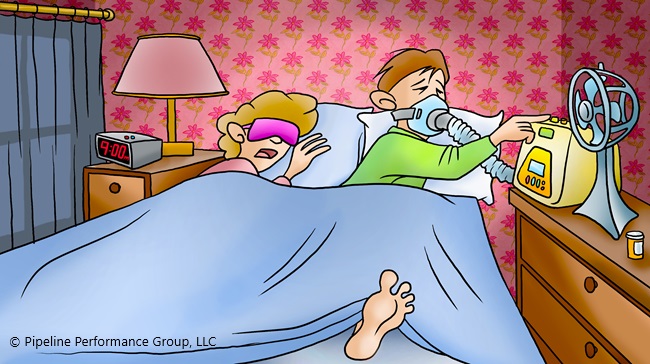Sleep is a fundamental human need, as vital as food, water, and air. Sleep helps our body and minds repair, rejuvenate, and consolidate memories. Yet, for many of us, restful sleep is stolen by sleep disorders. Sleep disorders can significantly impact our physical health, mental well-being, and overall quality of life[1]. They encompass a wide range of conditions that interfere with the ability to fall asleep, stay asleep, or experience restorative sleep.
The impact of sleep disorders goes beyond fatigue. Chronic sleep deprivation can contribute to a plethora of serious health problems[2], including:
- Cardiovascular Disease Increased risk of high blood pressure, heart attack, stroke, and irregular heartbeat.
- Metabolic Disorders Higher likelihood of developing type 2 diabetes, obesity, and other conditions due to disruptions in our metabolism and hormonal imbalances.
- Weakened Immune System Reduced ability to fight off infections and illnesses.
- Mental Health Issues Increased risk or worsening of depression, anxiety, and mood disorders.
- Cognitive Impairment Difficulty concentrating, focusing, retaining and recalling information, and making decisions.
- Increased Risk of Accidents Drowsy driving and reduced alertness can lead to accidents at work and on the road.
- Reduced Quality of Life Difficulty performing daily tasks, strained relationships, and decreased contentment with life.
Some of the most common sleep disorders include insomnia, sleep apnea, Restless Legs Syndrome, narcolepsy, and circadian rhythm sleep disorders. But how do you know if you are at risk for these conditions? If you agree with one or more of the items on the sleep disorders checklist that follows, it may be time to seek professional help.
- You are told that you snore loudly and often.
- You are told that you stop breathing when asleep.
- You frequently feel sleepy or find yourself falling asleep during daily activities, especially sedentary ones like reading, watching TV, or driving.
- You struggle to fall asleep regularly.
- As a shift worker, you experience symptoms of circadian rhythm disorder, including waking up frequently during day or night after working rotating shifts.
- You experience creeping or tingling feelings in your legs when trying to sleep.
- Your sleep is regularly disrupted by gastrointestinal discomfort, a need to urinate, acid reflux, pain, night terrors, or an uncomfortable environment.
Living with a sleep disorder can be challenging, but don’t dismiss sleep problems as just being tired or stressed. A healthcare provider can properly diagnose conditions and recommend appropriate treatment options. By recognizing the signs, understanding the potential consequences, and taking proactive steps to seek treatment, the restorative power of sleep can be yours.
MANAGING FATIGUE EDUCATIONAL PROGRAM
Christina Via © 2025 Please Distribute to Others.
[1] Extent and Health Consequences of Chronic Sleep Loss and Sleep Disorders, National Institute of Health National Library of Medicine, https://www.ncbi.nlm.nih.gov/books/NBK19961/, accessed June 24, 2025.
[2] Sleep Disorders, Mayo Clinic, https://www.mayoclinic.org/diseases-conditions/sleep-disorders/symptoms-causes/syc-20354018, September 2, 2024.




